From the April 2017 issue of Sight and Sound. — J.R.
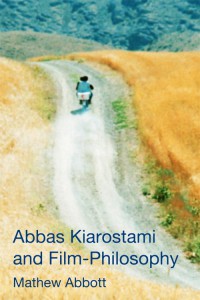
ABBAS KIAROSTAMI AND FILM-PHILOSOPHY _____________________________________________________
By Mathew Abbott. Edinburgh University Press. 167 pp. UK£70.00. ISBN 9780393243123.
__________________________________________________________
Reviewed by Jonathan Rosenbaum
It isn’t only the hefty price that makes this volume look forbidding to most readers of this magazine. However inviting it might seem to regard the features of Abbas Kiarostami as genuine works of philosophy—not merely as philosophical statements but as brazen acts that challenge viewers into making them rethink and reformulate many of their assumptions about both life and cinema—the academic etiquette of tracing this concept through a labyrinth of other philosophers and other Kiarostami critics may often prove to be less user-friendly to the lay reader. And it must be admitted that for readers more accustomed to journalistic paraphrase than to the rigours of scholarly hair-splitting and jargony word-spinning, a bumpy ride is in store. Mathew Abbott’s Introduction pivots on page 4 from Kiarostami to Stanley Cavell, but by this time the author has already had recourse to the philosophy of Jean-Luc Nancy on the previous page, and he will be chasing after Wittgenstein, Heidegger, and Descartes soon afterwards
Even so, this book is after much bigger game than a daunting bibliography. Read more
This dialogue is part of a section called “Two Auteurs: Masumura and Hawks,” included in Movie Mutations: The Changing Face of World Cinephilia (2003), a volume I co-edited with Adrian Martin. It was preceded by my essay, “Discovering Yasuzo Masumura: Reflections on Work in Progress,” and, before the “epilogue,” it was followed by Hasumi’s own essay, “Inversion/ Exchange/Repetition: The Comedy of Howard Hawks”. — J.R.
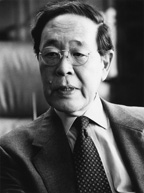
Jonathan Rosenbaum: When did you first write about Howard Hawks?
Shigehiko Hasumi: In 1977, just after he died. At that time, Hawks was so underestimated in Japan that no film magazine wanted an article on him. I published it in a literary magazine.
JR: And is there a particular period in his career that you prefer?

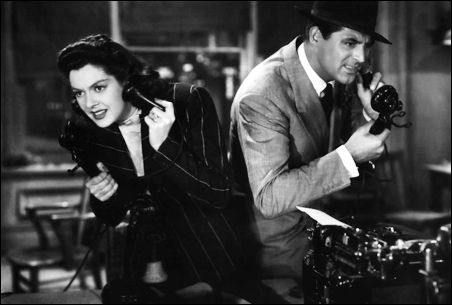
SH: Yes, from Bringing Up Baby (1938) to His Girl Friday (1940). Of course, his two films noirs with Lauren Bacall and Humphrey Bogart, To Have and Have Not (1944) and The Big Sleep (1946), impress me deeply. But the comedies in this period seem to me the highest accomplishment of his mise en scène. For me, Hawks is essentially a filmmaker of comedy. In that sense, I could say also that my preference goes to the period between Twentieth Century (1934) and Monkey Business (1952). Read more
Written for the Viennale’s catalogue accompanying its Jerry Lewis retrospective in October 2013, where it appears in German translation. — J.R.
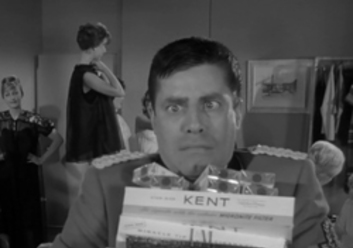
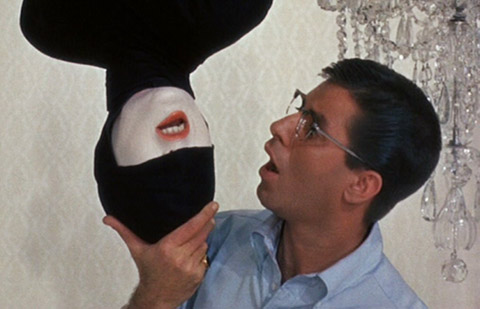
1. Why Did — and Do — the Americans Love Jerry Lewis So Much?
…Jerry Lewis’s face, where the height of artifice blends at times with the nobility of true documentary. — Jean-Luc Godard on Hollywood or Bust, July 1957 (1)
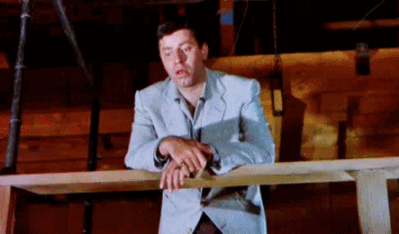
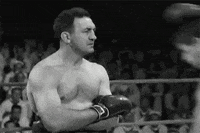
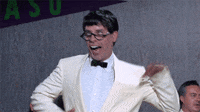
The usual question — and by now a completely tiresome one — is, “Why do the French love Jerry Lewis so much?” People have been asking this question — mainly rhetorically rather than with any genuine curiosity about the answer — for over half a century, yet if it was ever worth asking in the first place, this was only for roughly the first two decades of that period. As far as I can tell, this was a love that was first fully declared in detail (though it was far from being universally accepted even in France, then or later) in December 1957, when Robert Benayoun published an article in Positif entitled “Simple Simon ou l’anti-James Dean”, although earlier appreciations, Godard’s among them, had already appeared by then.
This was only about a month before Lewis, having ended his partnership with Dean Martin a year and a half earlier, and subsequently become his own producer on Rock-a-Bye Baby, purchased a mansion in Bel Air that had formerly been owned by the late Louis B. Read more









